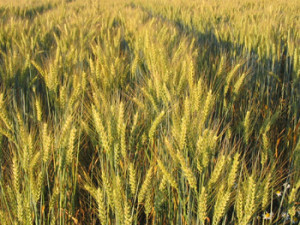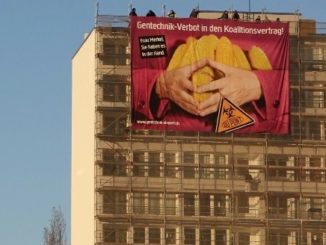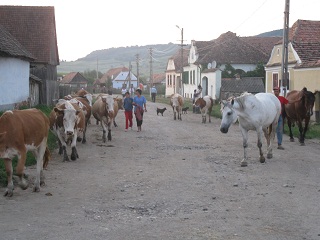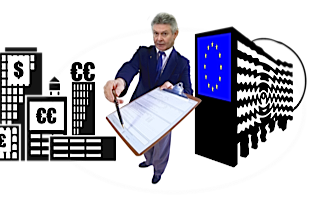 The European Commission yesterday, Apriil 19th, issued its long-awaited proposed definition of a crop, sticking to strictly biological classifications regardless of season or end-use. For instance, winter wheat and spring wheat would be counted as the same crop, as would plantings for silage, grain, biofuels or even seed production.
The European Commission yesterday, Apriil 19th, issued its long-awaited proposed definition of a crop, sticking to strictly biological classifications regardless of season or end-use. For instance, winter wheat and spring wheat would be counted as the same crop, as would plantings for silage, grain, biofuels or even seed production.
In a separate document, the Commission also put forward its proposals for ecological focus areas. The proposed 7% would be based on eligible areas, but no permanent grassland will be eligible.
The tight definitions and delegated acts are unlikely to be popular. Scottish MEP Alyn Smith, a member of the European Agriculture Committee (AGRI) warned: “I fear that the Commission is shooting itself in the foot over already unpopular proposals by defining them in the strictest way possible. I don’t see why, for example, rough land on the edge of farms which does not qualify for entitlement but which can be made use of ecologically should not qualify for the 7%, but the Commission is against it.”
Both documents foresee the use of delegated acts to enforce these requirements. Smith, for one, is preparing to challenge this procedure: “I think this underlines the danger of allowing such decisions to be made under delegated acts. Delegated acts determine the detail of a legislative act, and will be critical for influencing whether farmers will qualify for greening or not, yet are decided under a procedure which allows no say to the democratically elected people’s representatives in the Parliament.”
Smith wants to see greater democratic involvement in the process: “I will be amending the proposal to ensure that the details of greening are decided either by a full legislative procedure, or by national and regional authorities who can apply the local flexibility needed. The Commission has shown that it doesn’t have the mindset needed to make a success of this.”





